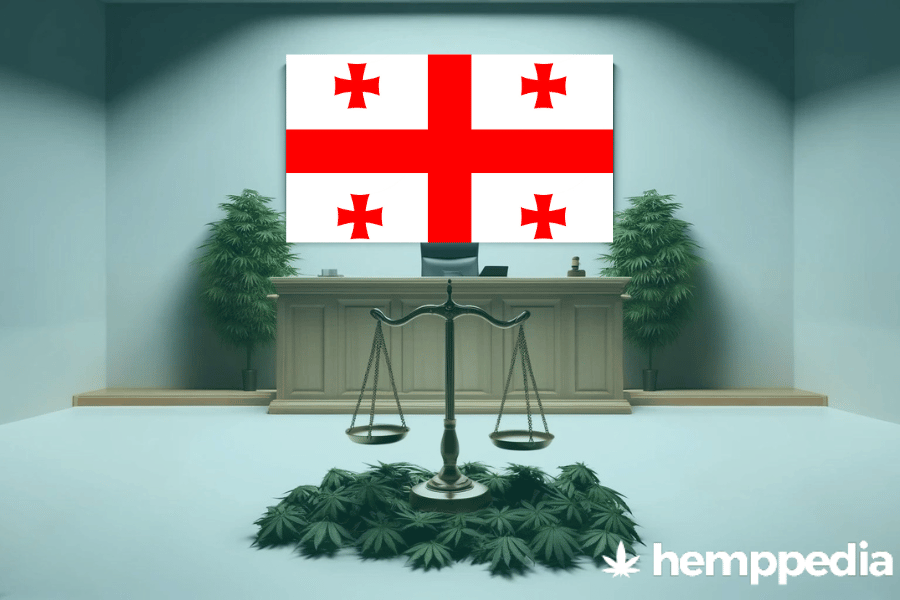The legal status of cannabis, especially CBD (Cannabidiol), continues to be a topic of great conversation and controversy in many parts of the world. With varying attitudes and laws around the world, the landscape is far from uniform. One such place where the legality of CBD is in question is the country of Georgia.
TL;DR: Is CBD Legal in Georgia?
Currently, the use of cannabis-derived products, including CBD, is decriminalized in Georgia. However, there are still strict regulations and misconceptions surrounding its use, sale, cultivation, and possession of CBD.
Simply put, you won’t be prosecuted for personal consumption of CBD, but any type of unlicensed trade or sale can still lead to substantial legal problems. It should be pointed out that CBD is not the same as traditional forms of cannabis – it doesn’t possess the psychoactive component, THC (tetrahydrocannabinol), that produces a ‘high’.
Here’s a summary of the key legal aspects of CBD in Georgia:
- Usage: Personal use of CBD is decriminalised.
- Possession: Possession of CBD for personal use is not prosecuted.
- Selling: Unlicensed sale of CBD is illegal and punishable under law.
Overview of CBD Legislation in Georgia
Definition of Key Terms
CBD (Cannabidiol): A naturally occurring compound found in cannabis that is not psychoactive, unlike THC (tetrahydrocannabinol).
Hemp vs. Marijuana: Both are strains of the cannabis plant. Hemp has a high CBD content and low THC content, while marijuana is high in THC.
Full-spectrum vs. Isolate: Full-spectrum CBD contains all other cannabinoids found in the marijuana plant, including THC while CBD isolate only contains CBD.
Current Legal Status
The latest court rulings allow for the personal use of CBD, however, larger operations, such as the cultivation, distribution, and sale of CBD without a license, are still illegal and heavily policed.
Regulatory Bodies
In Georgia, CBD is regulated by the Ministry of Internal Affairs and the Ministry of Justice.
Conditions and Restrictions
There are no specific conditions or restrictions on CBD’s THC content, but as a rule of thumb, it should not possess psychoactive properties. There are no set types of products allowed, as the law only permits personal consumption. Certification or labeling requirements are not specified in the Georgian law.
Historical Context
Georgia’s Constitutional Court ruled in 2018 to decriminalize the personal use of cannabis, which by extension, also decriminalized CBD.
Possession, Use, Cultivation, and Sales
Personal use and possession of CBD for personal consumption are decriminalized, and thus, not punishable under Georgian law. Cultivation without a license and the distribution or sale of CBD is illegal and punishable by law. Importing or exporting CBD products is not permitted, and laws regarding the cultivation of hemp for CBD production are not defined in Georgia.
Enforcement and Penalties
Enforcement of CBD regulations is done by the Ministry of Internal Affairs and penalties for non-compliance range from fines to criminal charges. Non-medical use of CBD is subject to the same regulations as medical use.
Comparative Analysis
Compared to many Eastern European countries, Georgia is advanced in terms of CBD legislation, with the substance being decriminalized for personal use. However, there is no clear distinction made between CBD and cannabis, which leads to considerable legal grey areas.
Conclusion
While the personal use of CBD is decriminalized in Georgia, the lack of clear regulations and enforcement on aspects of sale and cultivation create uncertainty in the CBD market. Looking to the future, a more regulated CBD market, taking its medical benefits into account, could provide an opportunity for Georgia.





